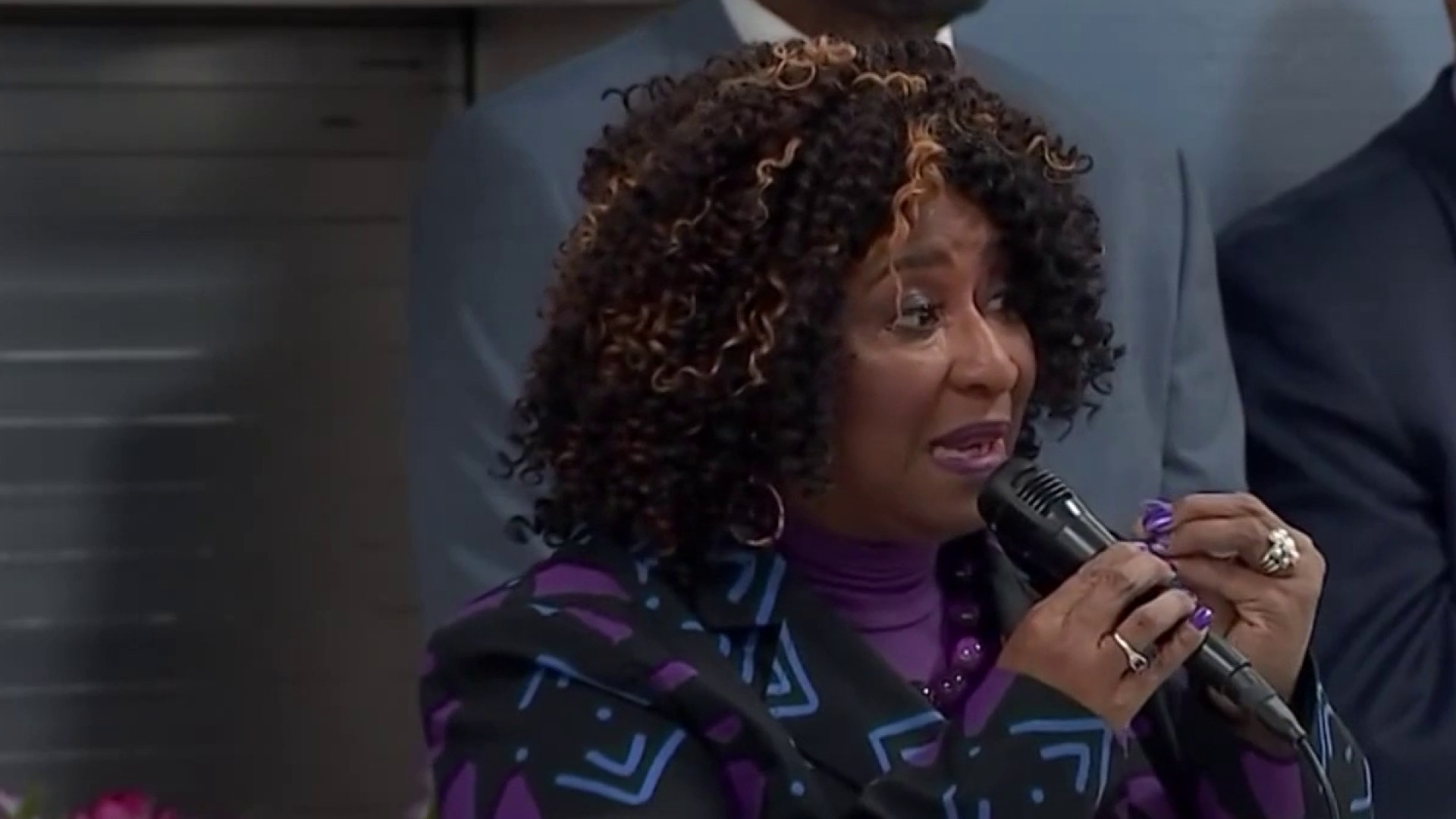In an application seeking a graduate degree at the University of Iowa, James Holmes, the suspect accused of the “Dark Knight” movie theater slayings in Colorado, said he felt a sense of "unparalleled accomplishment" when he worked in 2008 as a summer camp counselor in Los Angeles County.
Full Coverage: Movie Theater Massacre
Holmes wrote that he took on the “task with fervor,” supervising underprivileged boys ages 10 and 11 as a counselor of Cheyenne Cabin at Camp Max Straus in the Verdugo Mountains in 2008.
“Assuming a leadership role was something I was previously unaccustomed to,” he wrote about his time as a counselor at the program run by Jewish Big Brothers Big Sisters of Los Angeles. “For the next week, twelve boys ages ten to eleven would look up to me for guidance and direction.”
The details about his Southern California life emerged this week as the University of Iowa released Holmes' application and essay from 2010 through a California Public Records Act request. Holmes was ultimately rejected because he was not considered "a good personal fit," university officials said.
Document: James Holmes College Application, Essay (PDF)
In the application, Holmes wrote about his life growing up in the Salinas Valley, passing by strawberry fields on his way to school into Castroville, and his studies in chemistry and cellular biology at the University of California, Riverside.
Local
He wrote that he aspired to become a neuroscientist to “explore learning and memory.” He used his summer counselor job at "Cheyenne Cabin" as a way to highlight his problem solving skills.
Every day there were activities, Holmes wrote, including one called “create your own” that turned into chaos, he wrote.
”At first, I chose to let the kids decide what they wanted to do and put it to a vote. Democracy right? Bad idea.”
Some wanted to go to the game room, he wrote. Others wanted to rest while some wanted to play in the field.
"…there was no way to manage everyone if they split up,” Holmes wrote.
“The outcome resulted in twelve kids arguing with each other, name calling and pushing.”
He wrote that he tried to solve the problem by changing tactics.
“Create your own became game room on Monday, sports on Tuesday, drawing on Wednesday and if the kids were really good I devised something special for them like lizard catching,” he wrote.
Holmes wrote about some of the more rewarding parts of the experience.
“In the middle of that week when the campers were writing letters to home about their camp experience, one of the little guys asked me how to spell ‘amazing,’” he wrote.
He said that when some of the kids were going home they would tell him they wanted the same cabin next summer and asked whether Holmes would be back again to be their cabin counselor.
“At those moments I felt a sense of unparalleled accomplishment,” he wrote.
He also wrote about the challenges.
“On average two kids per cabin were clinically diagnosed with ADHD (attention deficit-hyperactivity disorder),” he wrote. One of the weeks, I mentored a kid with schizophrenia.
“I wanted to help them but couldn’t,” he wrote. “This is where neuroscience research becomes invaluable.”
Holmes later enrolled as a first-year Ph.D. student in a neuroscience program at the University of Colorado, Denver.
Holmes is suspected of killing 12 moviegoers and wounding 58 others during the premiere of "The Dark Knight Rises" at a movie theater in Aurora, Colo. on July 20.



